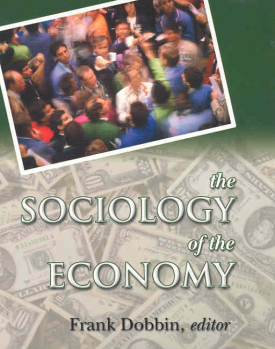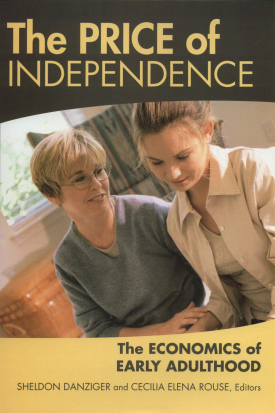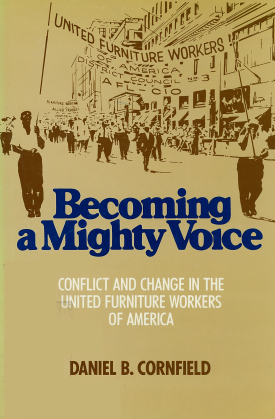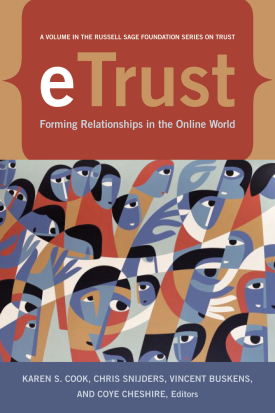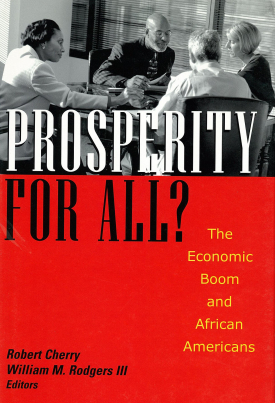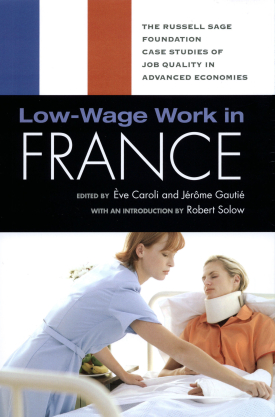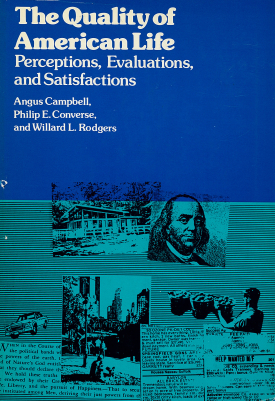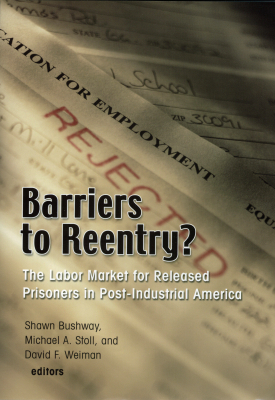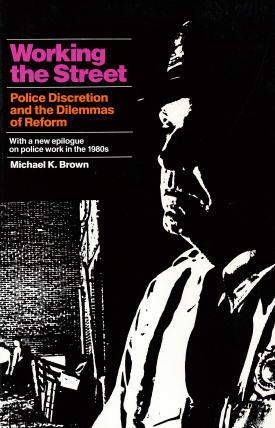
Crossing the Border
About This Book
Discussion of Mexican migration to the United States is often infused with ideological rhetoric, untested theories, and few facts. In Crossing the Border, editors Jorge Durand and Douglas Massey bring the clarity of scientific analysis to this hotly contested but under-researched topic. Leading immigration scholars use data from the Mexican Migration Project—the largest, most comprehensive, and reliable source of data on Mexican immigrants currently available—to answer such important questions as: Who are the people that migrate to the United States from Mexico? Why do they come? How effective is U.S. migration policy in meeting its objectives?
Crossing the Border dispels two primary myths about Mexican migration: First, that those who come to the United States are predominantly impoverished and intend to settle here permanently, and second, that the only way to keep them out is with stricter border enforcement. Nadia Flores, Rubén Hernández-León, and Douglas Massey show that Mexican migrants are generally not destitute but in fact cross the border because the higher comparative wages in the United States help them to finance homes back in Mexico, where limited credit opportunities makes it difficult for them to purchase housing. William Kandel’s chapter on immigrant agricultural workers debunks the myth that these laborers are part of a shadowy, underground population that sponges off of social services. In contrast, he finds that most Mexican agricultural workers in the United States are paid by check and not under the table. These workers pay their fair share in U.S. taxes and—despite high rates of eligibility—they rarely utilize welfare programs. Research from the project also indicates that heightened border surveillance is an ineffective strategy to reduce the immigrant population. Pia Orrenius demonstrates that strict barriers at popular border crossings have not kept migrants from entering the United States, but rather have prompted them to seek out other crossing points. Belinda Reyes uses statistical models and qualitative interviews to show that the militarization of the Mexican border has actually kept immigrants who want to return to Mexico from doing so by making them fear that if they leave they will not be able to get back into the United States.
By replacing anecdotal and speculative evidence with concrete data, Crossing the Border paints a picture of Mexican immigration to the United States that defies the common knowledge. It portrays a group of committed workers, doing what they can to realize the dream of home ownership in the absence of financing opportunities, and a broken immigration system that tries to keep migrants out of this country, but instead has kept them from leaving.
JORGE DURAND is professor in the Department for the Study of Social Movements at the University of Guadalajara and codirector of the Mexican Migration Project.
DOUGLAS S. MASSEY is professor of sociology and public affairs at the Woodrow Wilson School of Public and International Affairs, Princeton University, and codirector of the Mexican Migration Project.
CONTRIBUTORS: Patricia Arias, Maria Aysa, Marcela Cerrutti, Enrique Martinez Curiel, Katharine M. Donato, Jorge Durand, Nadia Y. Flores, Elizabeth Fussell, Ruben Hernandez-Leon, William A. Kandel, Douglas S. Massey, Margarita Mooney, Pia M. Orrenius, Emilio A. Parrado, Evelyn Patterson, Belinda I. Reyes, Fernando Riosmena, and Estela Rivero-Fuentes.

